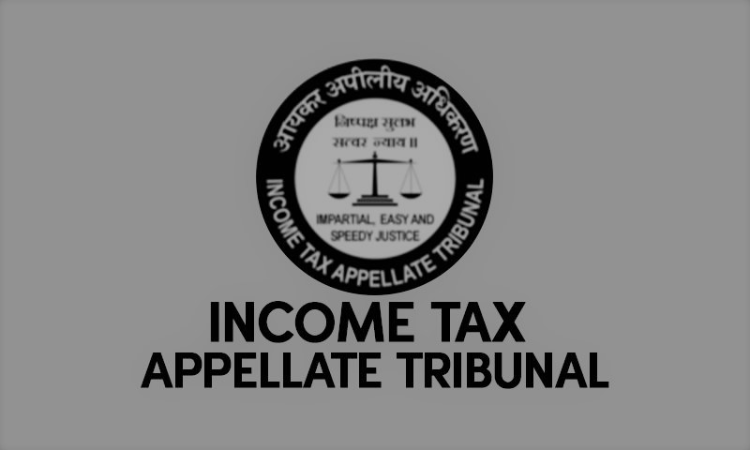Revenue Can't Characterize Preference Shares As Debt Instrument Ignoring Legal Consequences: ITAT
Parina Katyal
28 Sept 2022 3:00 PM IST

Next Story
28 Sept 2022 3:00 PM IST
The Bangalore Bench of the Income Tax Appellate Tribunal (ITAT) has reiterated that premium on redemption of preference shares is exigible to tax under the head 'Income from Capital Gains', liable to tax to the extent actually received on the redemption of shares. The Bench of N.V. Vasudevan (Vice President) and Padmavathy S (Accountant Member) held that the revenue authorities...
